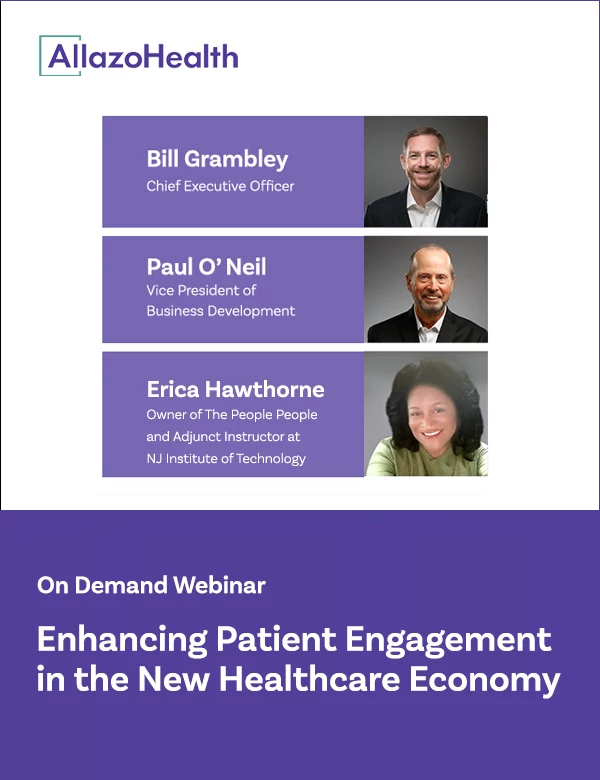
In today’s healthcare economy, patients are consumers and require more engagement from pharmaceutical companies. Patients are increasingly unwilling to engage with companies unless content, channel, and timeliness explicitly meet their needs and preferences.
Patients’ evolving role and healthcare consumerism
The new healthcare economy is built on meaningful patient experiences. Rather than communicating solely to providers, the focus is also on direct engagement and communication with patients, who want to feel empowered to guide their own care.
New minimum standards for personalized healthcare experiences
Where patient engagement was beneficial, it is now critical. Pharma patient support programs must make the shift from being seen as one-size-fits all to personalized. Targeted support is everything – and broad strokes are not enough.
The role of AI-powered personalization at the individual patient level
Every patient is unique, with different behaviors and preferences. Artificial intelligence (AI) helps identify an individual’s characteristics and captures a closer picture of that patient’s particular needs. Robust predictive analytics enable personalization of omnichannel outreach and support strategies at the individual level.
How AI can raise patient satisfaction to maximize program performance and efficiency
With AI, you can focus on those who are most at-risk for non-adherence and receptive to your communications. AI drives therapy initiation and adherence by enabling one-to-one healthcare experiences. It determines the optimal channel, content, timing, and cadence for each interaction, and allows you to allocate resources to where they are needed most—making your programs more effective and efficient.
Watch the on-demand webinar now!
